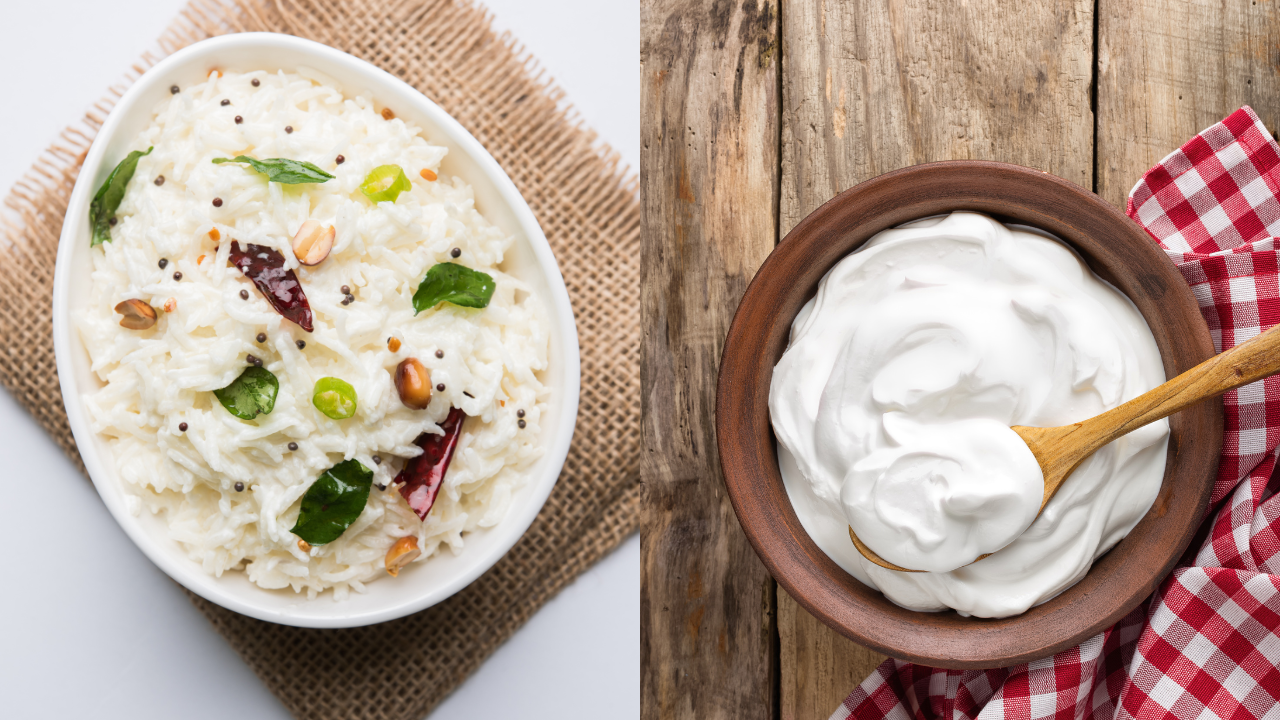
We've all been raised with the idea that dahi (curd) is a refreshing, cooling dish ideal for sweltering summer days. Not only does it aid digestion but also pairs wonderfully with fiery biryanis. However, did you know that according to Ayurveda, curd is considered hot rather than cold? Indeed, the selfsame yogurt you enjoy during meals at noon is categorized as ushna—a term indicating that it produces warmth within our bodies. This intriguing insight was confirmed by Sneha Loni, an Ayurvedic diet and lifestyle consultant, stating, "In Ayurveda, curd is highly heating. It boosts both pitta and kapha doshas."
Therefore, what occurs when these doshas become imbalanced? As per Sneha, a rise in kapha might result in weight gain and swelling. Meanwhile, an overabundance of pitta could manifest through your skin and hair, indicating premature graying, heat rashes, and hypersensitivity.
Why This Matters Many individuals consume large amounts of yogurt during summers, believing it will cool them down. However, Sneha cautions against this practice. "I've noticed people eating lots of yogurt in summer because they think it’s cooling," she explains. "Do not do that. Consuming it during summertime can lead to numerous issues. It significantly increases Pitta Dosha within your system."
What about people who have mostly inactive lifestyles or are dealing with obesity? Dahi could potentially be causing more harm than benefit. "It is quite difficult to digest, particularly for those leading a sedentary life. It can lead to an increase in body fat," she warns.
Should You Ditch Dahi?
Curd is not bad; it just needs a little mindful handling. Here is how Sneha suggests you enjoy dahi without the downsides:
1. Skip it in summer.
Sneha simplifies it: stay away from yogurt during warm weather to keep your pitta dosha in check. Opt instead for inherently cooling options such as sherbet or iced water.
2. No fridge-to-fork curd.
Allow the yogurt to reach room temperature before consuming it. Eating cold curd may hinder digestion and disrupt your digestive fire (agni).
3. Convert it into buttermilk.
"Buttermilk is a preferable choice for boosting probiotics," states Sneha. Easy to digest, chaas—light, flavored, and mixed with water—is gentler on your doshas.
4. Keep it separate from both fruits and meats.
Mismatched food pairings may result in discomfort such as bloating, acid reflux, or potentially chronic digestive problems.
5. Avoid consuming it during nighttime.
Eating curd at night can lead to issues like stuffiness, slow digestion, and bad sleep.
